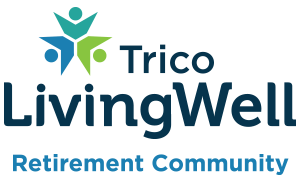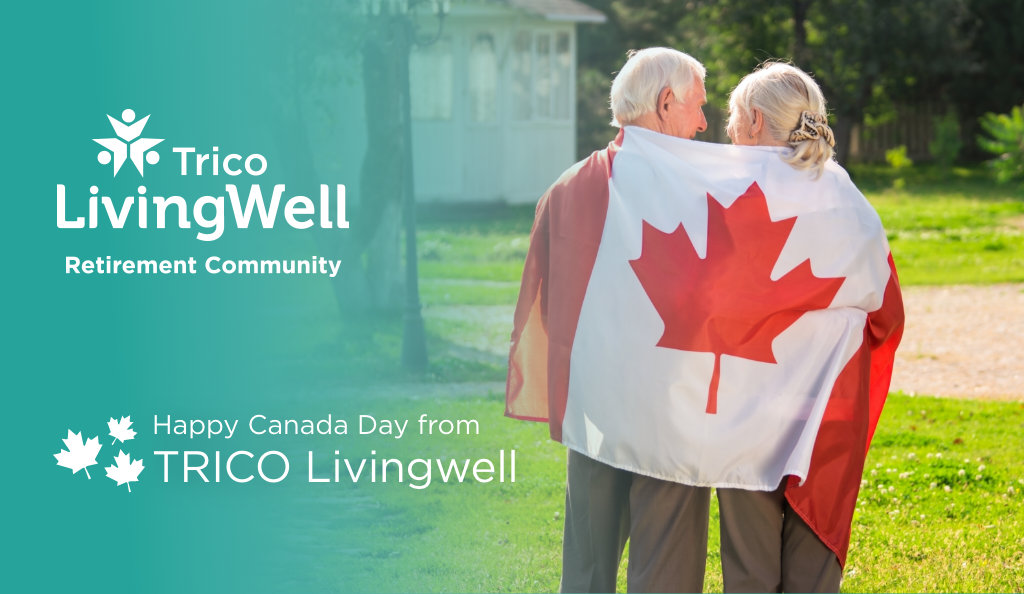Health & Wellness | August 4, 2023
Healthy heart: Tips For Older Adults
As we enter our golden years, our hearts undergo various changes that need to be considered for our overall wellness. With so much health information out there, it can be tricky to know where to start! We’ve compiled 3 tips to get you started on your healthy heart journey:
Tips for a healthy heart
1. Get Moving Every Day
By engaging in physical activity, you can strengthen your heart and improve its ability to pump blood throughout your body. This helps to lower blood pressure, manage blood sugar and insulin, and reduce the risk of developing heart disease. You don’t need to engage in intense workouts to reap the benefits of physical activity. Simply find an activity you enjoy, like taking a relaxing walk, playing pickleball, or gardening. Plus, spending time outdoors has a host of other health benefits!
2. Eat Heart-Healthy Foods
Your diet plays a crucial role in keeping your heart healthy. According to Harvard’s Nutrition Source, a diet rich in fruits and vegetables, whole grains, nuts, fish, poultry, and vegetable oils can help prevent heart disease. At Trico LivingWell, we prioritize nutrition for our residents by providing fresh fruits and vegetables that make healthy choices easy. Our talented culinary team ensures that every meal is both nutritious and delicious!
3. Prioritize Good Sleep Habits
Getting enough sleep is an important part of physical wellness that supports your heart health. While you sleep, your heart rate and blood pressure decrease, which helps to support your cardiovascular system. Older adults should aim for 7-9 hours of sleep each night, according to the National Institute on Aging. Establishing a bedtime routine, keeping your bedroom at a comfortable temperature, and avoiding caffeine in the evening can all help improve the quality of your sleep. Sweet dreams!
Please note that these guidelines are general recommendations and are for information purposes only. No material on our website is intended to be a substitute for professional medical advice. Always seek the medical advice of your physician or other qualified health care provider when undertaking a new health regimen.

 Book A Visit
Book A Visit Connect with a Lifestyle Leasing Consultant
Connect with a Lifestyle Leasing Consultant
